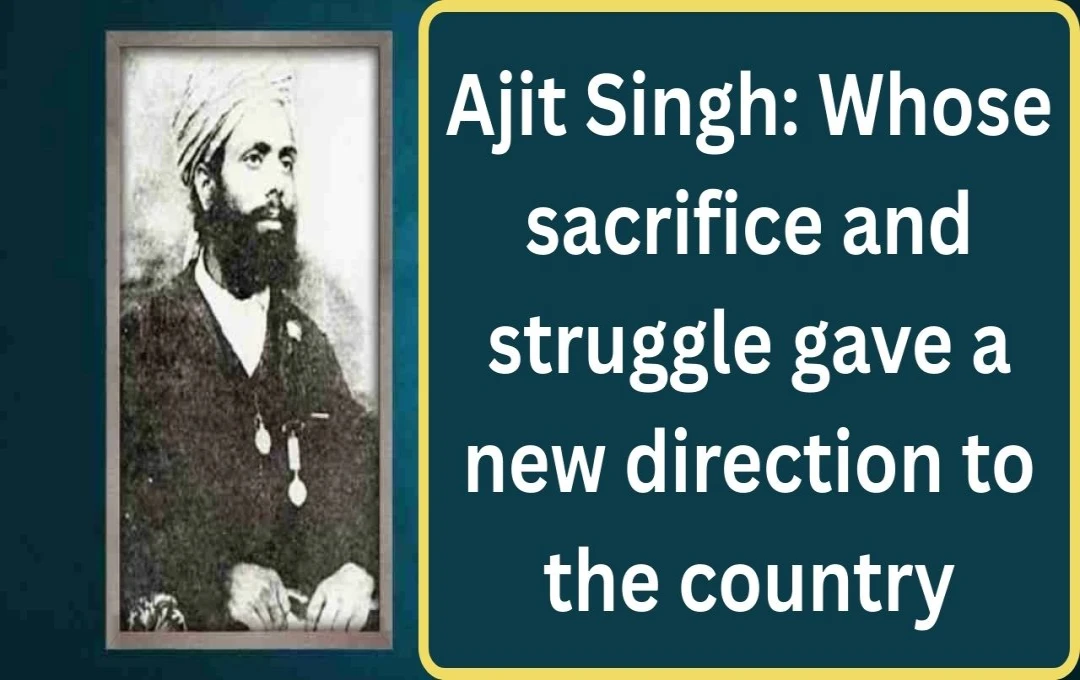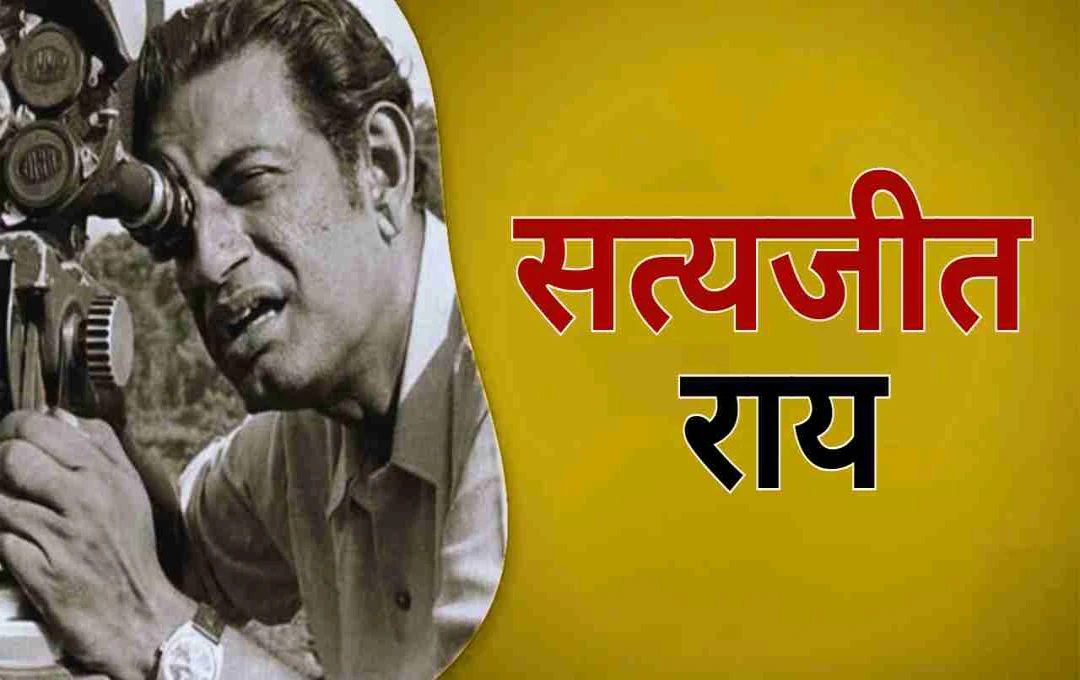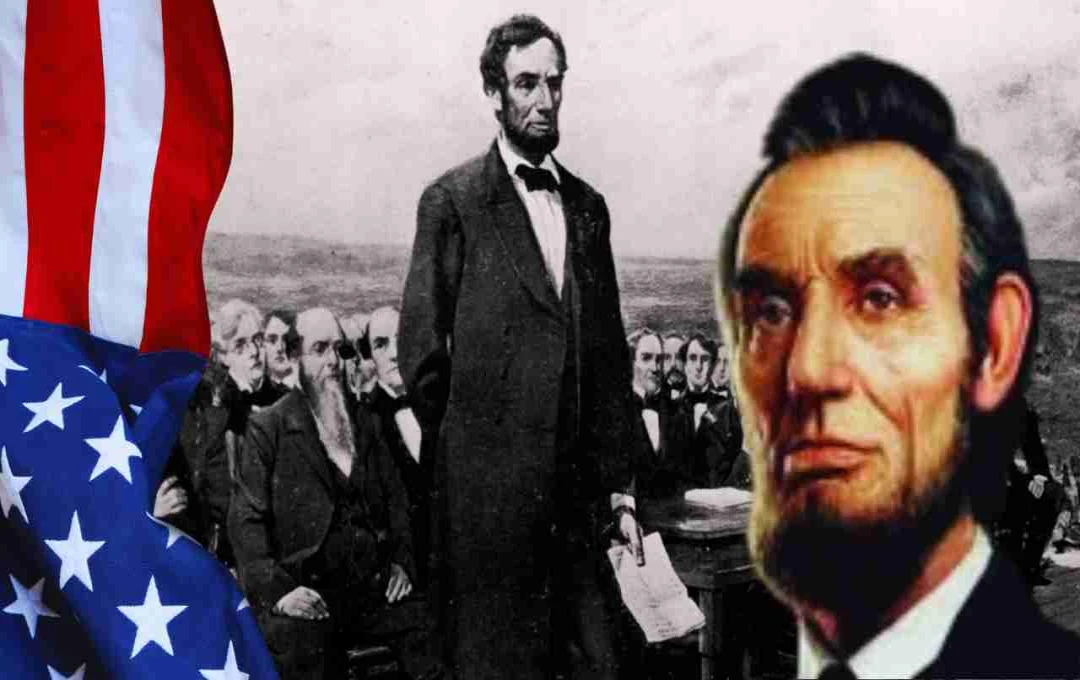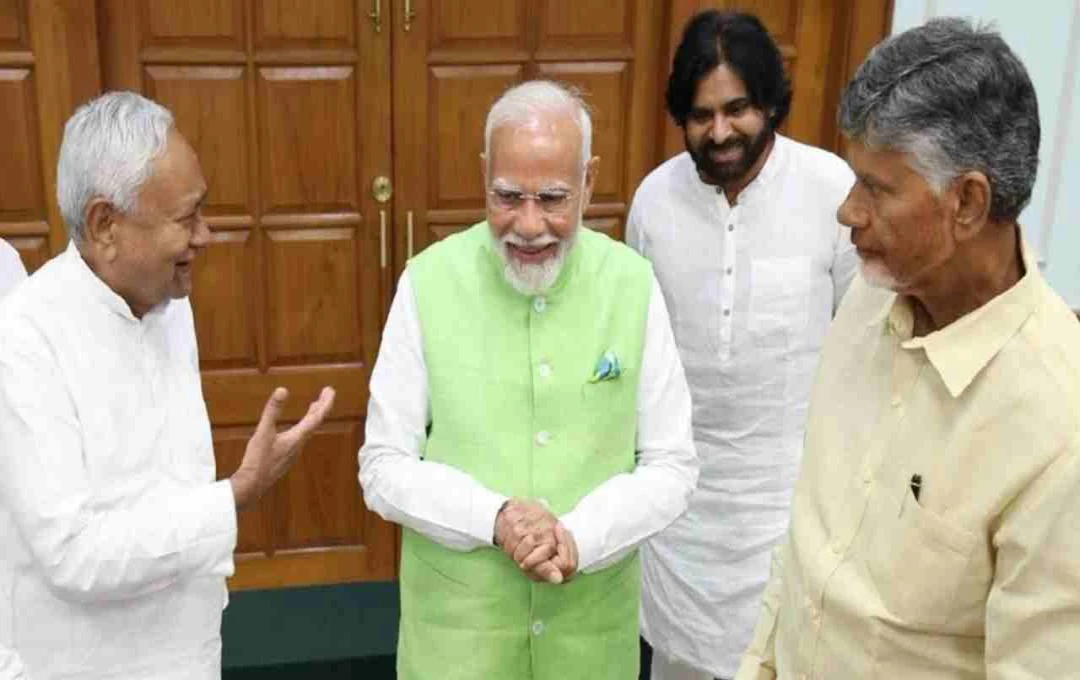Ajit Singh stands as a prominent figure among the great leaders of the Indian Independence Movement. Born on February 23, 1881, he was the younger brother of Sardar Kishan Singh and the uncle of Shaheed Bhagat Singh. Ajit Singh dedicated his life to the nation's freedom, relentlessly fighting against the British Empire. His contributions remain indelibly etched in Indian history. Let us explore his life and struggles.
Ajit Singh's Early Life
Ajit Singh was born in a small village in Punjab. He hailed from a family deeply connected to the Indian Independence Movement. His nephew, Shaheed Bhagat Singh, was one of India's most revered revolutionaries, who sacrificed his prime years for India's freedom. Ajit Singh's life mirrored his nephew's, fueled by a deep-seated commitment to national liberation.
Ajit Singh's education was equally inspiring. From a young age, he was a bright student, his focus consistently centered on societal reform and Indian independence. His formative years coincided with a revolutionary period in India. Numerous anti-British movements were underway, reflecting a fervent desire for freedom among Indians. Ajit Singh actively participated in this struggle, raising his voice against the British Empire.
Ajit Singh's Significant Contribution to the Independence Movement
Ajit Singh's name is counted among the great revolutionaries of the freedom struggle. While associated with the Indian National Congress, he believed that peaceful movements alone could not secure India's independence. He was a proponent of revolutionary activities, believing that decisive action was needed to expel the British from India.
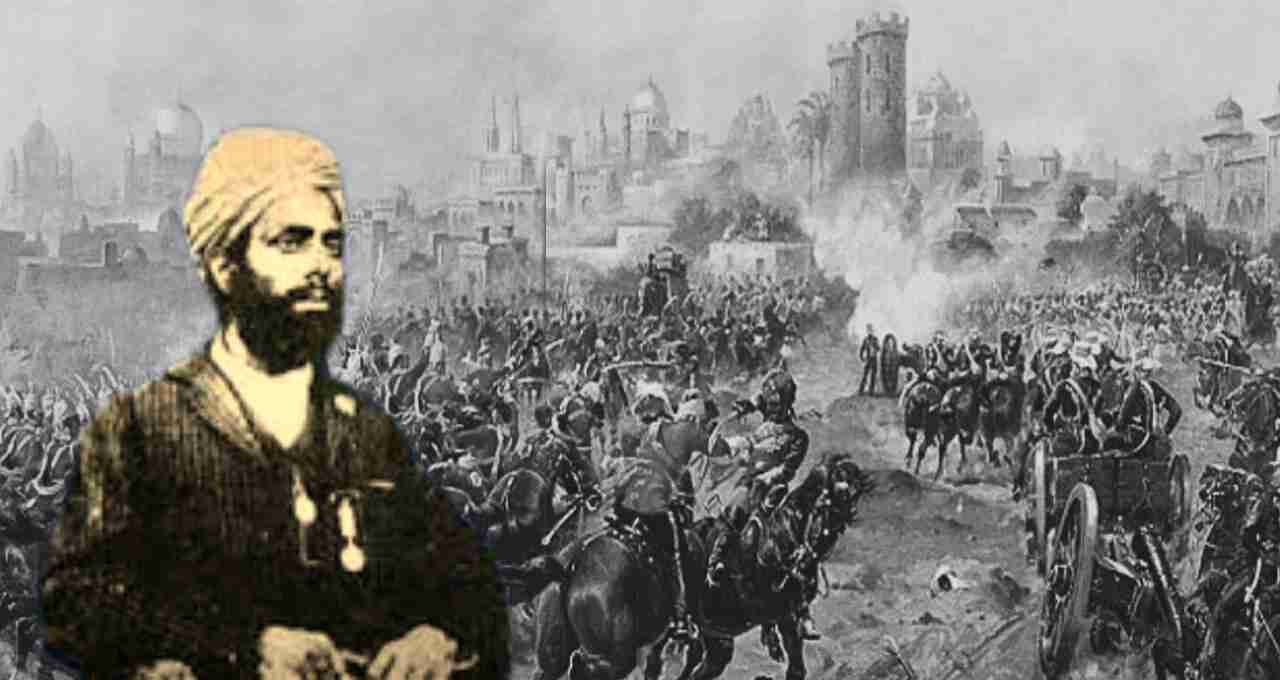
Ajit Singh participated in several movements, voicing his opposition to the British. He awakened the Indian populace, emphasizing the need for a multifaceted struggle – encompassing both non-violent and revolutionary methods – to achieve independence. This perspective gained increasing relevance over time, empowering Indians and driving them towards freedom.
The Familial Bond between Ajit Singh and Bhagat Singh
Ajit Singh and Bhagat Singh shared a profound bond. Ajit Singh's life served as an inspiration for Bhagat Singh, who adhered to his uncle's ideologies in his revolutionary activities. When Bhagat Singh launched his movement against the British Empire, Ajit Singh offered unwavering support. Ajit Singh's revolutionary thinking illuminated a new path for Bhagat Singh, who subsequently challenged the British Empire along that trajectory.
Ajit Singh believed that unity was paramount for India's independence. He organized Indian youth, explaining that concerted opposition to the British Empire was the key to achieving freedom. This idea proved highly effective in the freedom struggle and was wholeheartedly adopted by Bhagat Singh.
Ajit Singh's Revolutionary Struggle and Sacrifice
Ajit Singh's life was replete with struggle. He repeatedly defied the British government, facing imprisonment for his actions. His fight wasn't for personal gain; he dedicated his prime years to the betterment of Indian society. Ajit Singh's struggle exemplifies the triumph of unwavering commitment.
Ajit Singh's Personal Life
Ajit Singh's personal life was characterized by unwavering integrity. He remained steadfast in his ideals and principles, believing that personal comfort paled in comparison to the well-being of the nation and society. He was consistently driven to assist others, raise social awareness, and contribute to the freedom struggle. This approach established him not only as a great leader but also ensured that his contributions continue to be remembered. His life embodies unwavering dedication to India's independence.
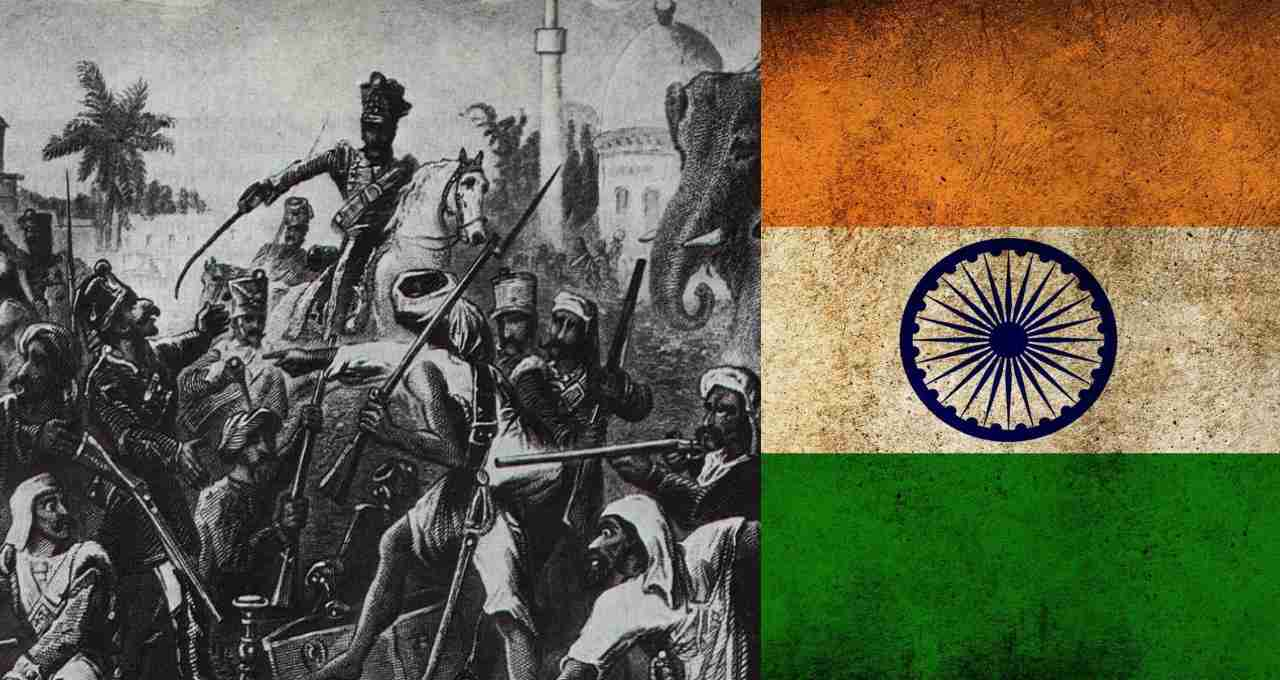
Ajit Singh's Demise and Enduring Legacy
Ajit Singh passed away on August 15, 1947, the day India gained independence. Though he did not die during the freedom struggle, his life became a beacon of inspiration. His ideals and struggles continue to resonate with future generations, and his contributions remain perpetually remembered.
Ajit Singh's contributions are irreplaceable. He dedicated his entire life to the independence movement, demonstrating that unwavering resolve can overcome any challenge. His life stands as an enduring example, inspiring us to serve our nation and fight for our rights.
